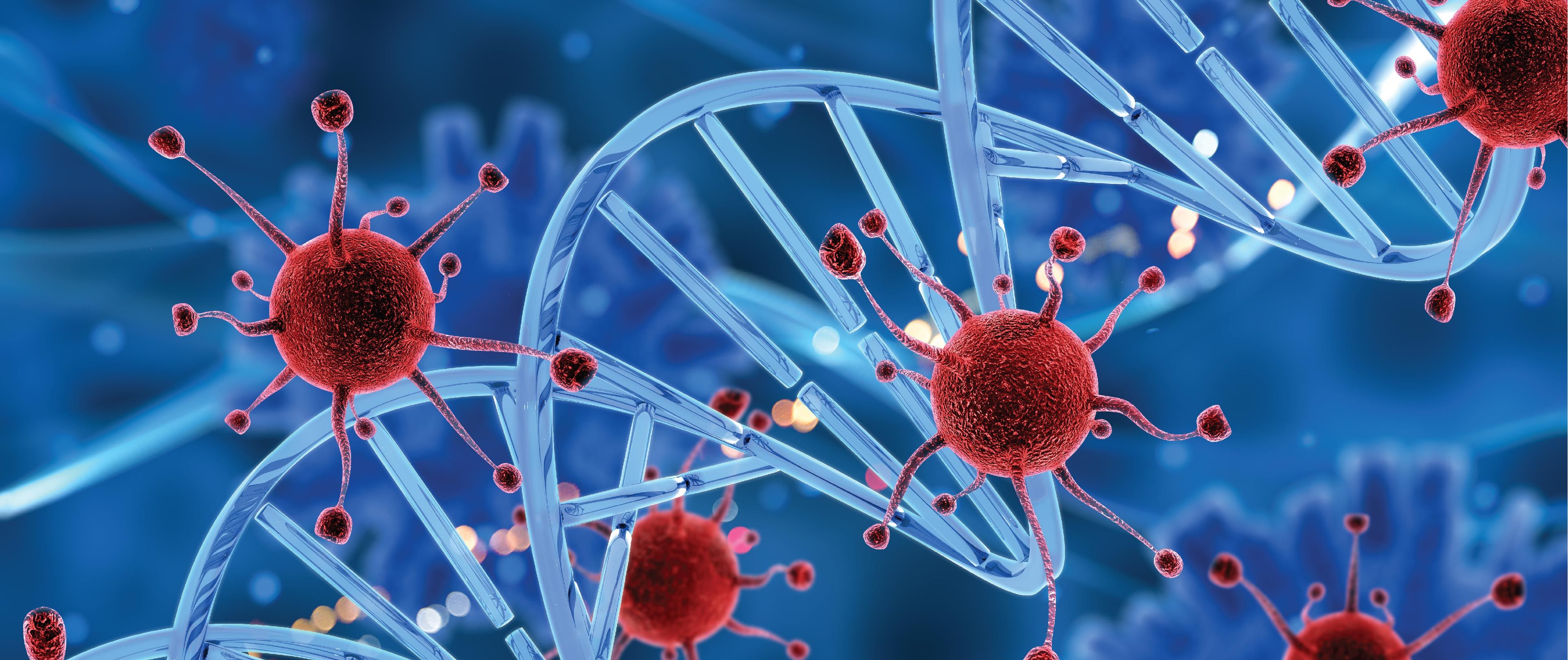
Cancer Stigma: Understanding and Overcoming It
By Dr. Runu Sharma in Cancer Care / Oncology
Feb 06 , 2023 | 2 min read
Your Clap has been added.
Thanks for your consideration
Share
Share Link has been copied to the clipboard.
Here is the link https://www.maxhealthcare.in/blogs/cancer-stigma-understanding-overcoming
Cancer is a disease that affects millions of people worldwide and is often accompanied by feelings of shame, guilt, and discrimination. This is known as cancer stigma, and it is a major barrier to both diagnosis and recovery. In this blog, we will explore what cancer stigma is, how it affects individuals and their families, and what can be done to overcome it.
What is Cancer Stigma?
Cancer stigma refers to negative attitudes and beliefs about people with cancer that are based on ignorance and fear. It can range from assumptions about a person's lifestyle or character to discrimination in the workplace and social life. Cancer stigma can also affect the way people with cancer are treated by medical professionals, leading to delayed diagnoses, substandard care, and reduced quality of life.
Impact of Cancer Stigma
Cancer stigma can have a significant impact on an individual's mental and emotional well-being. It can cause feelings of shame, guilt, and isolation, making it difficult for people to reach out for support or access the care they need. Cancer stigma can also have a significant impact on families, causing additional stress and strain and making it difficult for them to support their loved ones.
How to Deal with Cancer Stigma
Here are some ways to deal with cancer stigma:
-
Educate Yourself: By learning more about cancer and its causes, you can help dispel misconceptions and reduce stigma.
-
Talk About It: Sharing your experiences with others can help raise awareness and break down stigma.
-
Connect with Others: Joining a support group or connecting with other people affected by cancer can help you feel less alone and provide a source of support.
-
Advocate for Change: Speak out against cancer stigma and support efforts to raise awareness and educate others.
-
Supporting a Loved One with Cancer
Here are some ways that families can support a loved one with cancer:
-
Listen: Offer a non-judgmental ear and let your loved one know that you are there for them.
-
Be a Source of Strength: Encourage your loved one and help them stay positive.
-
Help with Practical Matters: Offer to help with errands, cooking, or other tasks to ease the burden.
-
Stay Informed: Learn about cancer and the treatments available so that you can support your loved one.
In conclusion, cancer stigma is a real issue that affects millions of people worldwide. By understanding what cancer stigma is and how it affects individuals and their families, we can take steps to overcome it and provide the support and care that people with cancer need.

Written and Verified by:

Dr. Runu Sharma Exp: 3 Yr
Cancer Care / Oncology, Medical Oncology, Neuro Oncology, Head & Neck Oncology, Thoracic Oncology, Gastrointestinal & Hepatobiliary Oncology, Uro-Oncology, Gynecologic Oncology, Musculoskeletal Oncology, Hematology Oncology, Gastro Intestinal & Hepatopancreatobiliary Surgical Oncology, Paediatric (Ped)/Medical Oncology, Palliative Care, Breast Cancer
Meet the doctorRelated Blogs

Dr. Kanika Batra Modi In Cancer Care / Oncology
Nov 07 , 2020 | 3 min read

Dr. Pramod Kumar Julka In Thoracic Oncology , Cancer Care / Oncology
Nov 07 , 2020 | 2 min read
Blogs by Doctor

Symptoms of Blood Cancer and Why Early Detection is Important
Dr. Runu Sharma In Cancer Care / Oncology
May 29 , 2023 | 1 min read

Demystifying Myths and Facts Surrounding Cervical Cancer
Dr. Runu Sharma In Gynecologic Oncology , Cancer Care / Oncology
Jan 29 , 2024 | 3 min read
Most read Blogs
Get a Call Back
Related Blogs

Dr. Kanika Batra Modi In Cancer Care / Oncology
Nov 07 , 2020 | 3 min read

Dr. Pramod Kumar Julka In Thoracic Oncology , Cancer Care / Oncology
Nov 07 , 2020 | 2 min read
Blogs by Doctor

Symptoms of Blood Cancer and Why Early Detection is Important
Dr. Runu Sharma In Cancer Care / Oncology
May 29 , 2023 | 1 min read

Demystifying Myths and Facts Surrounding Cervical Cancer
Dr. Runu Sharma In Gynecologic Oncology , Cancer Care / Oncology
Jan 29 , 2024 | 3 min read
Most read Blogs
- CAR T-Cell Therapy
- Chemotherapy
- LVAD
- Robotic Heart Surgery
- Kidney Transplant
- The Da Vinci Xi Robotic System
- Lung Transplant
- Bone Marrow Transplant (BMT)
- HIPEC
- Valvular Heart Surgery
- Coronary Artery Bypass Grafting (CABG)
- Knee Replacement Surgery
- ECMO
- Bariatric Surgery
- Biopsies / FNAC And Catheter Drainages
- Cochlear Implant
- More...



